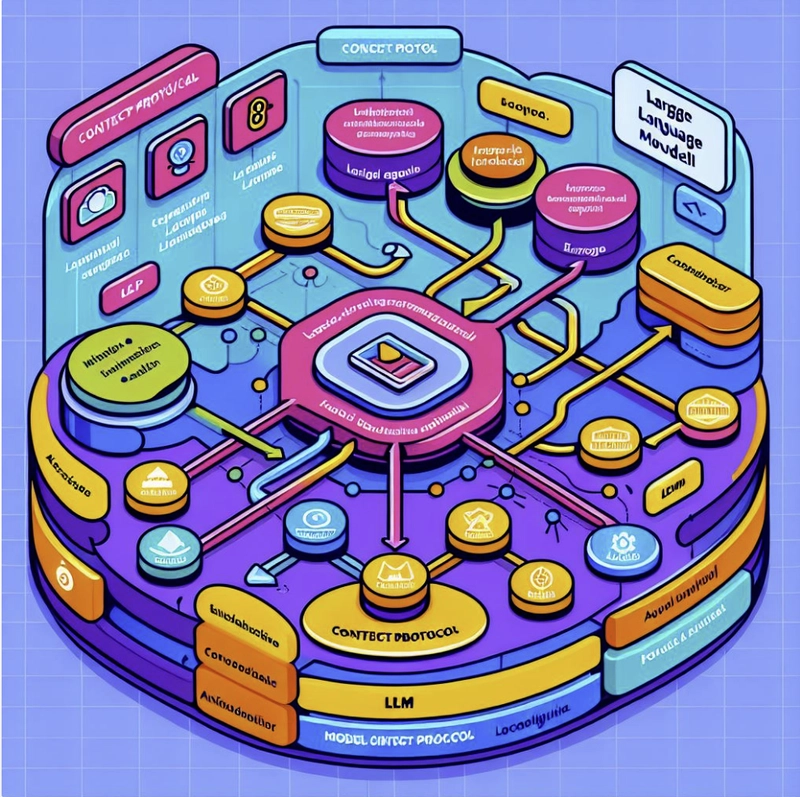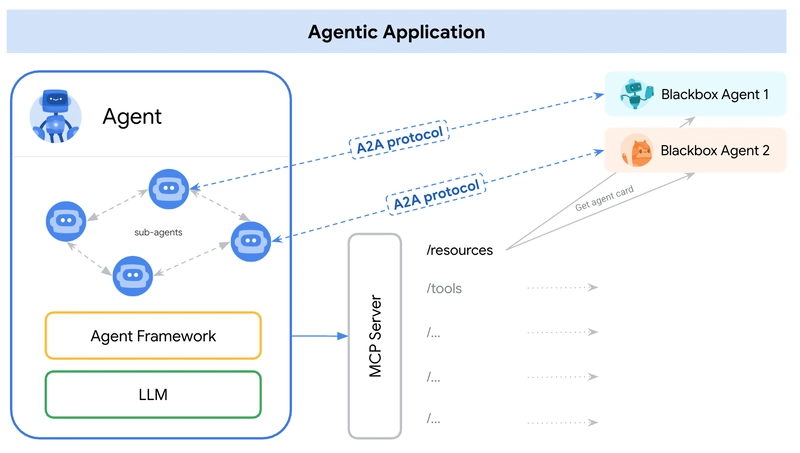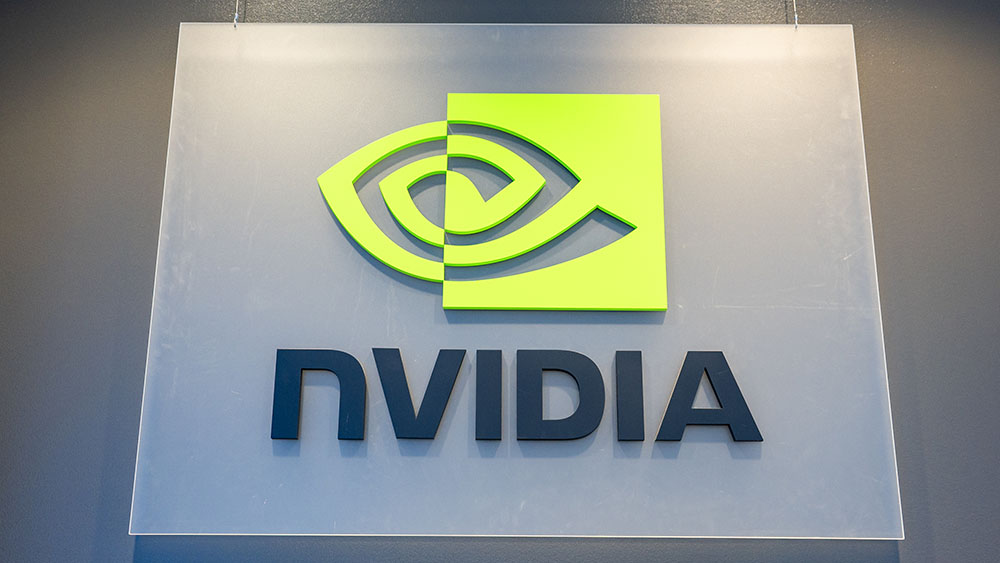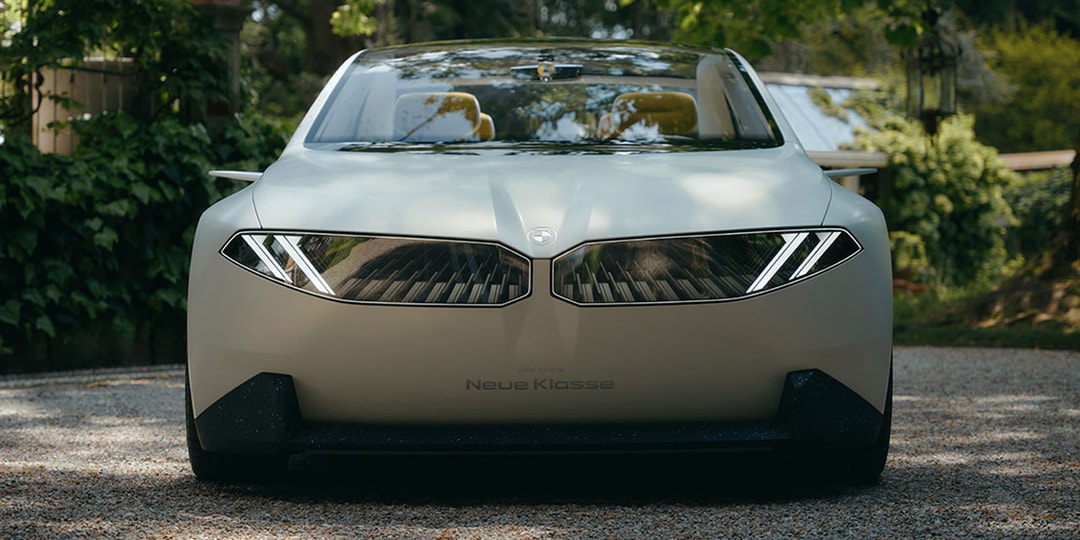There should be more tough talk under the Democrats’ big tent
The days of refusing to rock the boat in the name of party unity need to end.

Most Democratic operatives will tell you today that the Democratic Party thrives as a “big tent.” And truth be told, ours remains a remarkably diverse institution, with constituent elements from every part of the country that span a broad swath of ideological viewpoints.
In many cases, that diversity is the key to Democrats winning in conservative-leaning districts. For example, this past cycle, we saw 13 Democratic congressional candidates, nearly all of whom were backed by New Dems or Blue Dogs, elected in districts that supported Trump at the presidential level. Without being able to field candidates who differ ideologically from their more progressive peers, those seats would almost certainly have been lost.
But you wouldn’t necessarily know this listening to Democrats talk at the national level, including those enamored of the large crowds drawn by Sen. Bernie Sanders (I-Vt.) and Rep. Alexandria Ocasio-Cortez (D-N.Y.). That’s because, in Washington, Democrats often cede too much political ground to the loudest and most organized fringes of our large coalition.
In the name of keeping the peace internally, we have allowed politicians and activist groups from our left-most flank to seize an outsized role in defining the party’s national brand. This, in turn, has opened the doors for our political opponents on the right to paint the left’s most politically toxic policies and messaging as core beliefs of all Democrats.
Some Democrats might be tempted to ignore this problem for the time being, or even dismiss it as a real issue altogether. As Trump “floods the zone” with attacks on our democratic norms and continues to tank the stock market with his tariffs, too many Democrats are more than content to sit back and focus solely on opposition tactics. However, this approach is a little different from what got us here in the first place.
The first step to stopping Trump and stemming the rising tide of authoritarianism is to engage, at long last, the debates we’ve largely muffled within the party. This starts by recognizing that the historic strength of the Democratic Party is directly tied to the support it draws from the nation’s working-class voters, and subsequently acknowledging that the agenda that now defines our brand has clearly failed on that front, as polling has shown in the aftermath of November.
When examining this problem, we tend to endlessly debate whether the working-class rejection of our party is more on economic or cultural grounds. Set aside the fact that so many more minority voters within the working class voted for Trump this time around, despite his continued race-baiting and xenophobia.
What we need to accept is that the far left has driven Democrats to embrace a series of issues that are both economically and culturally at odds with what most working-class voters say they want.
Take some examples from when the Democratic Party was popular among working-class voters. In 2008, then-Senator Barack Obama campaigned on a pledge to punish employers who hired illegal immigrants, and complained that Republicans were cynically welcoming undocumented laborers into the country to drive down labor costs.
He argued that undocumented immigrants should pay a large fine, learn English, and go to the back of the line if they wanted to earn legal status. But today, these positions are considered controversial within the Democratic coalition because the far left rejects anything that casts illegal immigrants as anything but hapless victims.
As a result of Democrats’ perceived shift to the left, working-class voters who are citizens view Democrats as both culturally unaligned with their concerns and as responsible for driving down working-class wages. Is it any mystery why they were tempted to support MAGA?
The great irony here is that, when elected, former President Joe Biden embraced an agenda pretty much in line with Obama’s rhetoric. The fact is Biden’s administration deported illegal aliens at a faster pace than Trump had in his first term.
This illustrates another key weakness for our party: Even when we do pursue policies with widespread appeal, we fail to tell the story for fear of offending activist groups. As a result, even in this circumstance where Democratic policy is aligned with working-class sensibilities, the influence of pro-immigration, progressive groups on our message-making overshadows our actual record and undermines our political appeal.
A similar story defines the fight for energy independence. The Biden administration green-lit record amounts of oil and gas production inside the U.S., but the White House almost never made mention of this fact for fear of drawing the ire of climate activists. Contrast this to the celebratory announcements made when the Biden White House paused American liquefied natural gas export projects. Voters in Pennsylvania heard about that and they resented it.
To be clear, most working-class voters are sympathetic to the cause of addressing climate change. But the majority of Americans prefer an “all of the above approach” which considers impacts on jobs, energy bills, and national security all at once. They are also open to pragmatic ideas that don’t jive with progressive dogma, like using natural gas as a cheaper, cleaner alternative to dirtier fossil fuels as more renewables come online.
The days must end of refusing to rock the boat in the name of party unity. As Democrats, we must do two things at once: be a united front against Trump’s unconstitutional power grabs and address the messaging and policy issues within our own ranks that have sidelined us to the minority.
If we only focus on the former, and fail to redefine the politically toxic parts of our brand, we stand little chance of winning back working Americans and building the large, durable majority needed to defeat the MAGA movement.
Stuart Malec is the national political director at Progressive Policy Institute.



















![Rogue Company Elite tier list of best characters [April 2025]](https://media.pocketgamer.com/artwork/na-33136-1657102075/rogue-company-ios-android-tier-cover.jpg?#)





















































